Half-hearted mechanism risks 1 project, 2 land prices
Article 79 of the draft Land Law (amended) lists 31 specific cases in which the State will reclaim land for socio-economic development in the national interest. These include resettlement projects, rural residential area projects, industrial clusters, duty-free zones, crude oil storage facilities, gas and oil pumping stations, and traditional markets.
Thus, there are only a few development projects left where enterprises must negotiate with people to receive land transfers. For example, commercial housing projects, mixed housing and commercial and service projects, multi-purpose complexes, entertainment areas, large-scale urban areas, etc.
During the discussion session on this draft last weekend, many National Assembly deputies said that the State needs to reclaim land for all socio-economic development projects to create equality and unity across the country. If the mechanism of both the State reclaiming land and letting enterprises negotiate on their own is maintained, it will unintentionally create inequality in the same project when there are two types of land prices. This will also lead to prolonged lawsuits and waste of land resources.
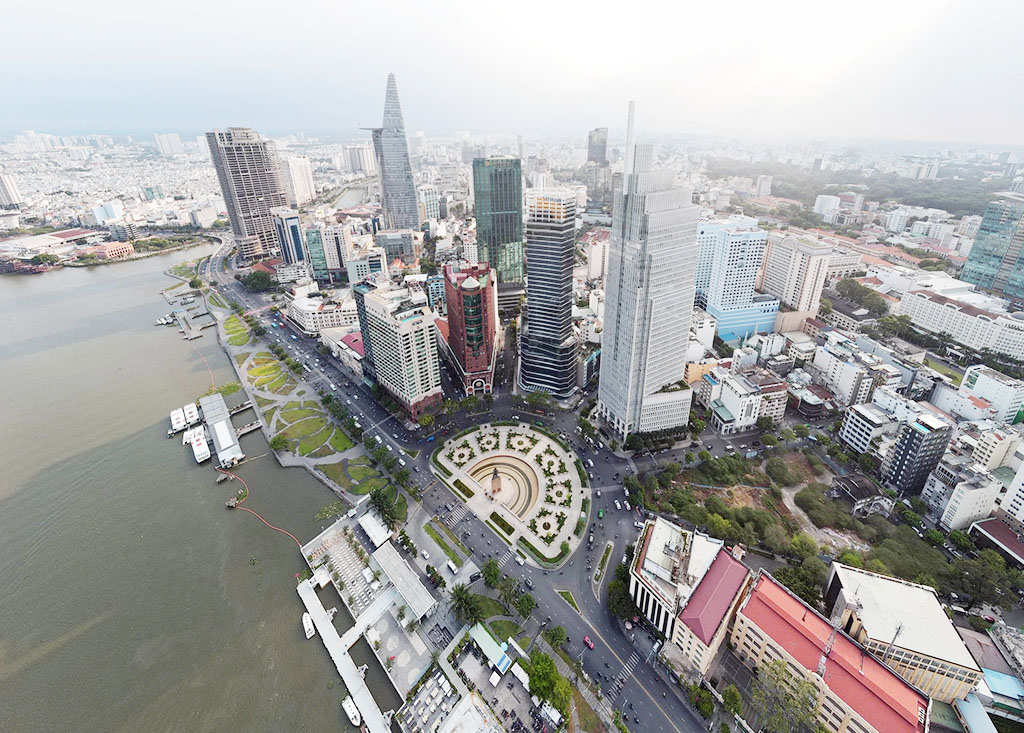
The State should reclaim land for socio-economic development projects.
Mr. Duong Cong Thuyen, Deputy General Director of a real estate company in Ho Chi Minh City, highly appreciated the above proposal of the National Assembly deputies. As the person in charge of compensation and site clearance for projects for enterprises, Mr. Thuyen admitted that the negotiation and site clearance are the most difficult steps. If they know that the enterprise is implementing the project, the people with land often demand compensation at very high prices, even much higher than the market price. Therefore, many compensation projects have reached the "end of the road" and are still not completed even though only a few percent remain.
"Many people who own land are speculators and investors, not local people, so they are very "tough" because they do not urgently need housing. But if the compensation for the later people is higher than the previous people, the possibility that the previous people will come back to demand more money is very high. This is the reason why many projects, including budget projects, are prolonged, have increased capital and cannot even be implemented," Mr. Thuyen said frankly and assessed: The National Assembly deputies have mentioned hot issues, the core of social life and economic life. They have spoken the hearts of the people and the business community.
"Therefore, I hope the drafting committee will seriously consider the above opinions and recommendations to supplement and amend the Land Law this time to achieve the most optimal efficiency," Mr. Thuyen emphasized.
National Assembly Deputies Propose State to Reclaim Land for All Commercial Housing Projects
Citing Resolution 18 of the Central Executive Committee stipulating two methods, Chairman of the Ho Chi Minh City Real Estate Association (HoREA) Le Hoang Chau said: The first is that the State bids and auctions to allocate and lease land, including enterprises doing commercial housing projects. This is the wish of investors, both domestic and foreign. The second method is for investors to negotiate land use rights themselves to do the project. If the bidding and auction method is chosen, the State must compensate to create a clean land fund. If only bidding for the project and then choosing the investor, taking the enterprise's money for compensation is very difficult. Typically, in a project in District 1 (Ho Chi Minh City), the enterprise won the bid and was chosen as the investor, then the enterprise transferred money to the State for compensation. However, the people refused because they knew which enterprise was the investor of the project and only wanted the enterprise to negotiate. Therefore, the project dragged on for many years and the State had to enforce it.
"If the State has reclaimed land, it should reclaim all projects. Then auction the land, and the difference in land rent will be used by the State to invest in infrastructure for the people, not flowing into the pockets of enterprises. If this is done well, the State will control and manage the primary land market for both public and private investment," Mr. Chau suggested.
Projects should be treated equally.
Not only land acquisition, the tourism industry was "forgotten" in the draft Land Law (amended), but Thanh Nien also had a series of articles commenting on the Draft Land Law that many National Assembly deputies also spoke up in the Parliament last week.
According to Deputy Ta Van Ha (Quang Nam delegation): Resolution 08/2017 of the Politburo on developing tourism into a spearhead economic sector. However, the draft Land Law (amended) has a total of 16 chapters, 265 articles with 226 pages, "but there are only 11 words about tourism, of which 2 words about tourism are for the tourism industry, the other 9 words about tourism are for solving the problem of amending the Forestry Law".
He believes that such a response to a key economic sector that is highly anticipated is not satisfactory and affirms the importance of land recovery for tourism development. Therefore, this National Assembly member proposed adding a subject of regulation to Article 79, which is land for tourism development that is also subject to State recovery.
Welcoming the National Assembly deputies who had made valid opinions regarding the creation of land funds for socio-economic development projects, Dr. Huynh Thanh Dien, Nguyen Tat Thanh University, affirmed that in any project in any field, the site clearance stage is always the most difficult stage, especially for large projects. Enterprises themselves do not have the right to reclaim, but only rely on agreements, so it will be very difficult to concentrate the site.
For example, to build large tourist areas, mixed-use urban areas including housing, commercial centers, entertainment centers, etc., requires a very large area of land. Letting enterprises negotiate with the people and then collect land will lead to a lack of unity. Sometimes a large project is invested in a systematic and comprehensive manner but still has some patchy, "leopard-skin" areas because the people do not accept to hand over the land. From there, the project implementation is prolonged, costs increase, and the goal of promoting economic development of the locality or the whole region is not achieved. Not to mention, increased project costs also lead to higher product prices and the ultimate loser is the consumer.
"The State shall take charge of land recovery, planning, project establishment, and then bid to select qualified and experienced investors in a public and transparent manner. This is the only comprehensive and systematic way to do it, in line with development planning, and there will be no complaints. Not to mention that when the State recovers land, the land price will be uniform, but if it follows the market, what price will it be? This regulation is too vague. It is necessary to consider that economic development projects are all part of the general planning for local development, regional development, and general economic development of the whole country, creating more jobs for people, so they should be treated equally. Even projects in economic zones with functional areas such as industrial parks, service areas, tourism, entertainment areas, and urban areas must also be subject to land recovery by the State. Therefore, it is necessary to have detailed regulations on projects subject to land recovery, including entertainment areas, new urban areas combined with commercial and service businesses, entertainment areas, and organizations. multi-purpose complex; entertainment area, tourist area, urban area and other functional areas in the economic zone...", Dr. Dien stated.
National Assembly Delegate: Do organizations and individuals who create suspended plans and waste land have to pay compensation?
Letting businesses compensate themselves makes it difficult to have large projects.
Nowadays, nothing is more difficult than buying land from the people. If done well, the state's financial accumulation will increase day by day. The state reclaims land for all projects, including tourism projects and multi-purpose entertainment areas. If businesses are allowed to compensate themselves, there will be no large projects or large urban areas.
Mr. Le Hoang Chau (Chairman of Ho Chi Minh City Real Estate Association)
Don't blame the BUSINESS for the difficulty.
If enterprises are left to swim alone, to take care of the most difficult part of land clearance, it will be impossible to develop urban areas and the economy systematically. The State should not blame the difficulties on enterprises, especially in the field of land. The law must have detailed and specific regulations so that localities can unify when implementing. Because if the law does not have clear regulations, state agencies will not dare to implement, and the project will stall. This is the root of the amendment of the Land Law at this time, otherwise it will be a step backward.
Dr. Huynh Thanh Dien (Nguyen Tat Thanh University)
Source link





![[Photo] Looking back at the impressive moments of the Vietnamese rescue team in Myanmar](https://vstatic.vietnam.vn/vietnam/resource/IMAGE/2025/4/11/5623ca902a934e19b604c718265249d0)
![[Photo] "Beauties" participate in the parade rehearsal at Bien Hoa airport](https://vstatic.vietnam.vn/vietnam/resource/IMAGE/2025/4/11/155502af3384431e918de0e2e585d13a)

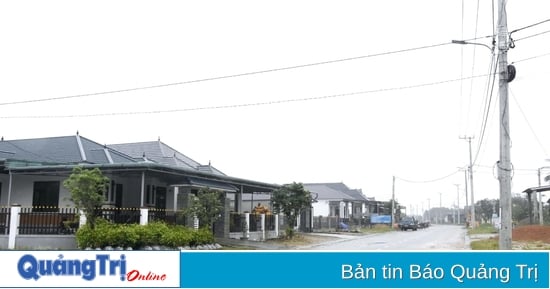

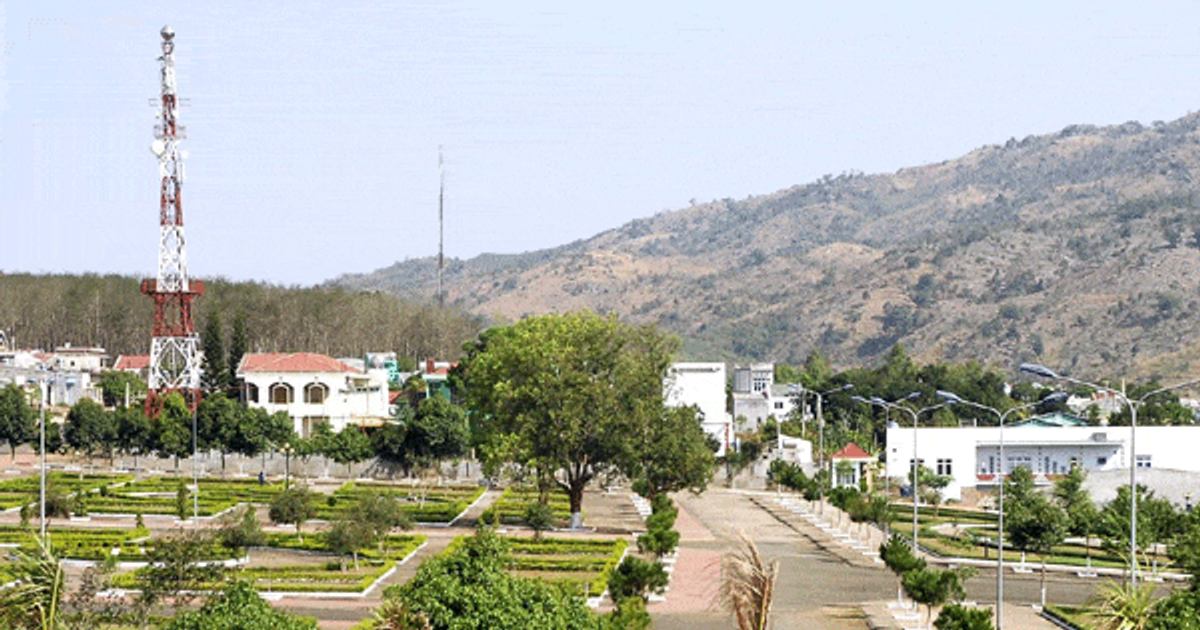

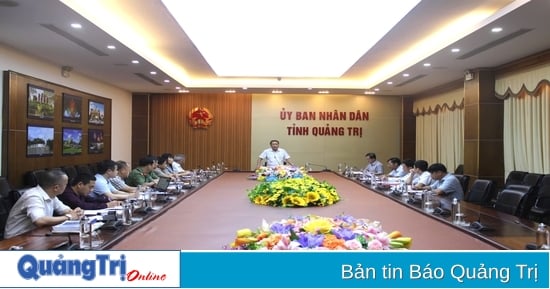
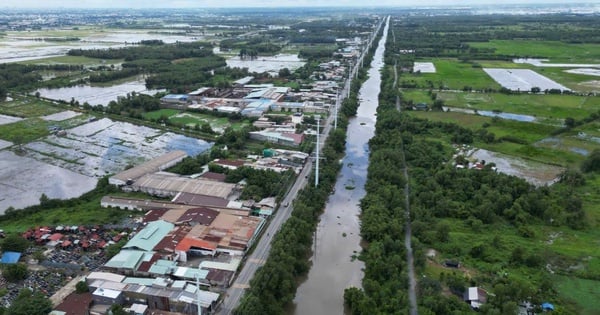




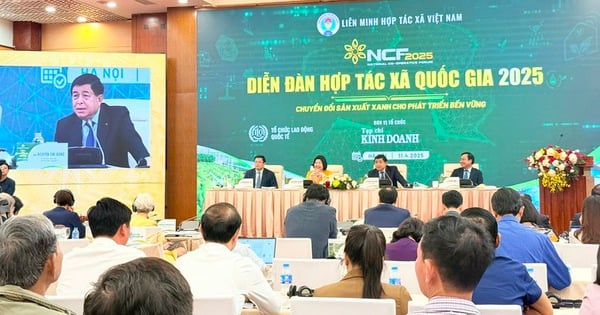
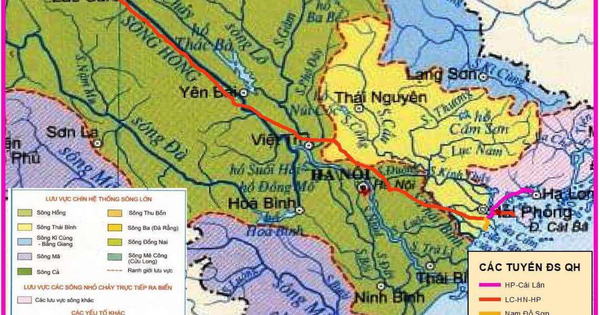
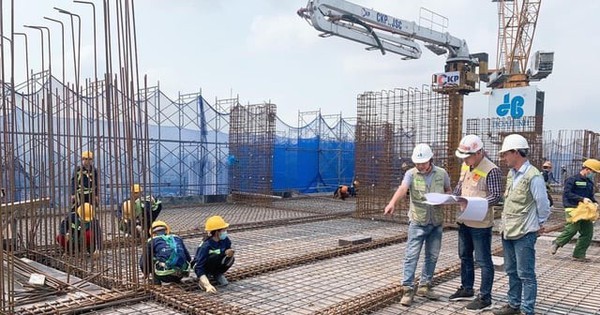





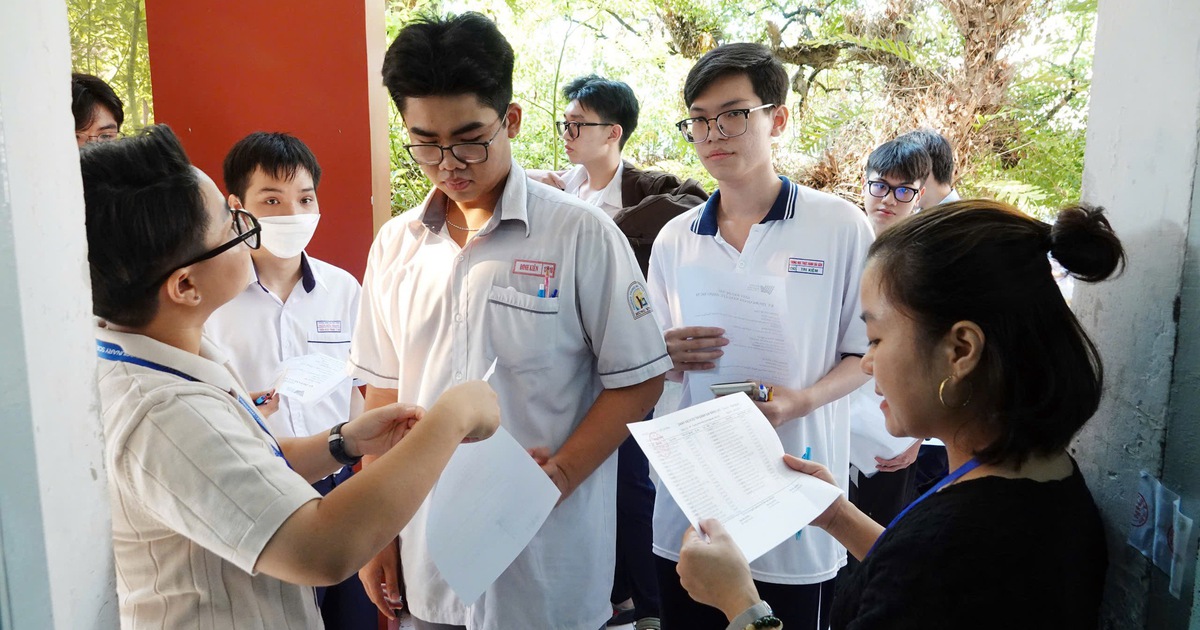





![[Photo] Summary of parade practice in preparation for the April 30th celebration](https://vstatic.vietnam.vn/vietnam/resource/IMAGE/2025/4/11/78cfee0f2cc045b387ff1a4362b5950f)









































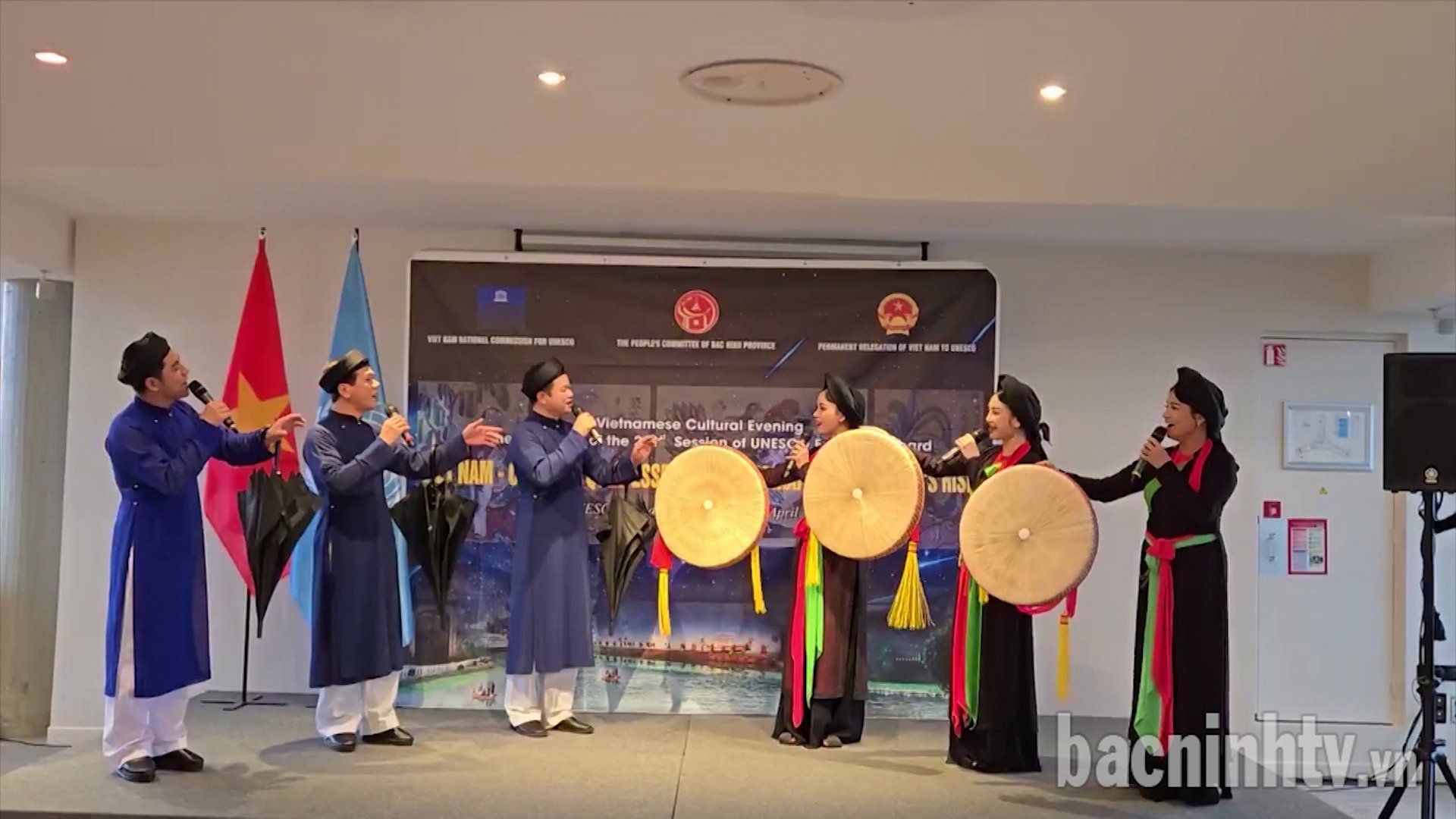
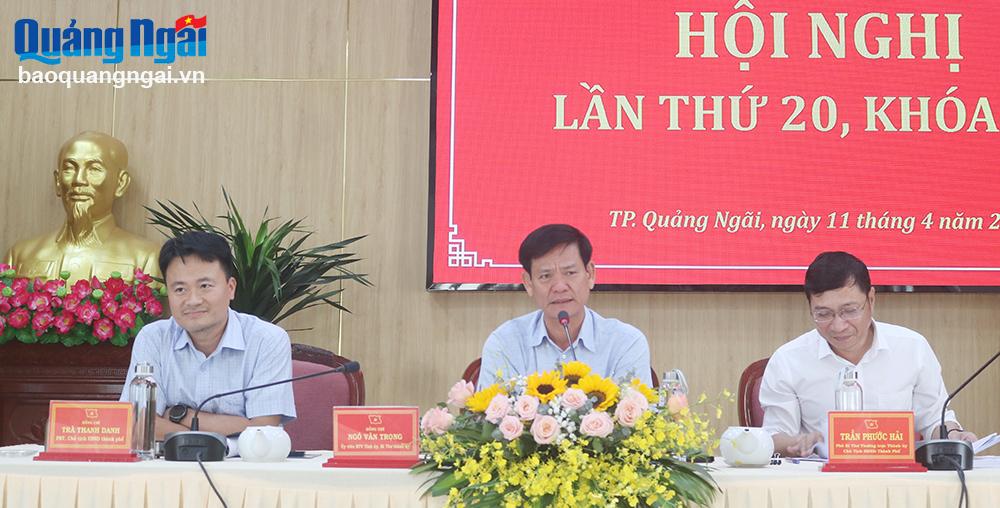
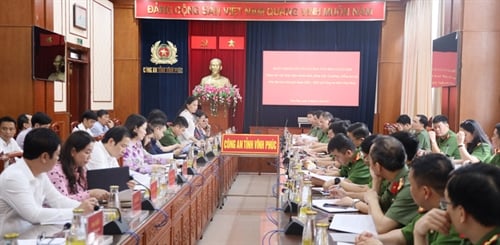
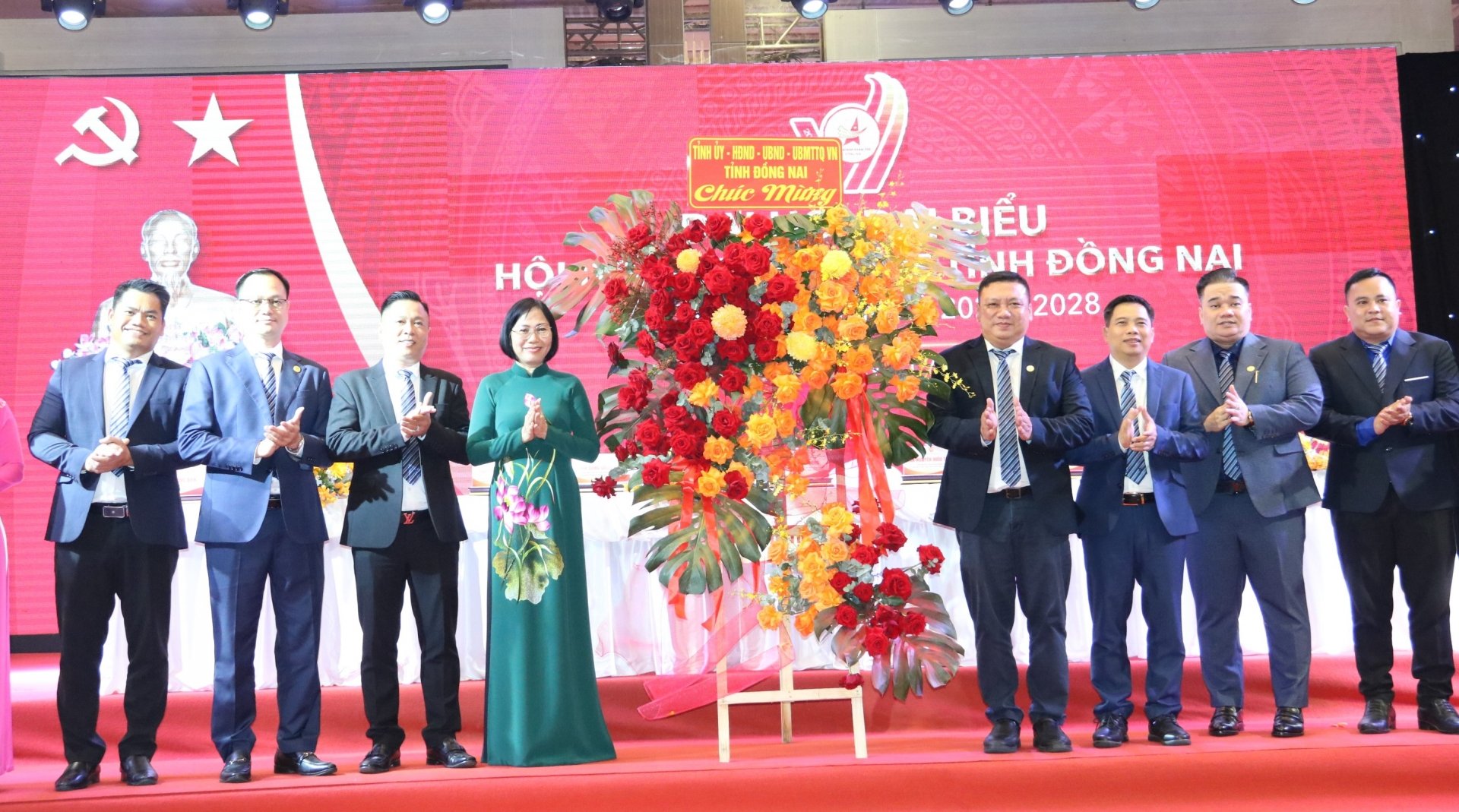

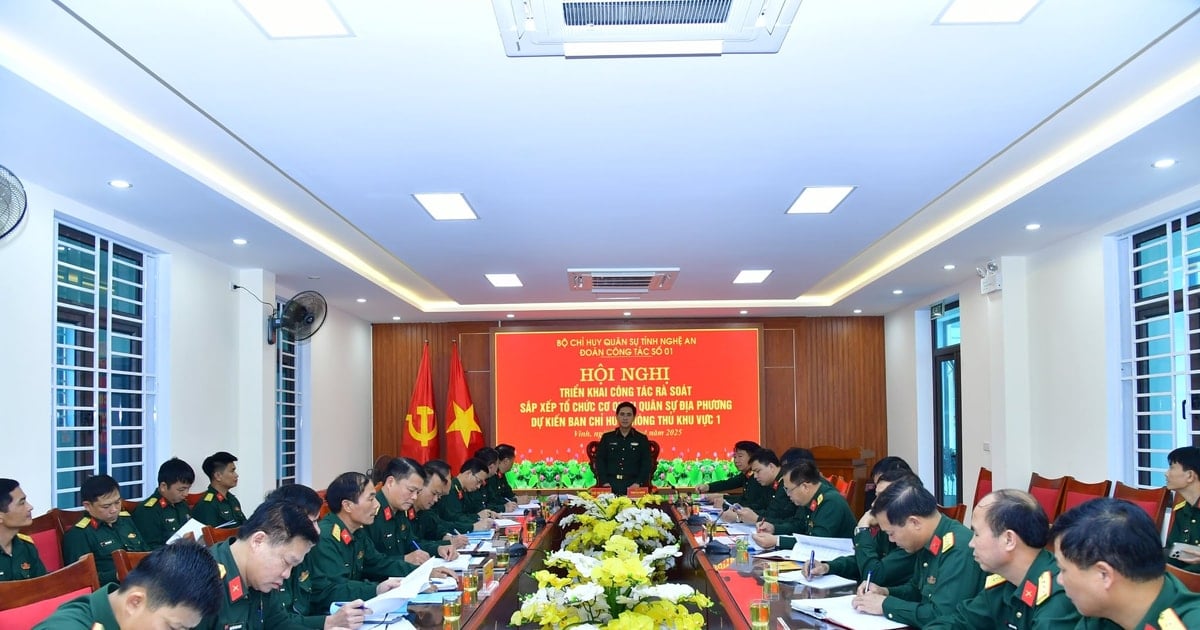

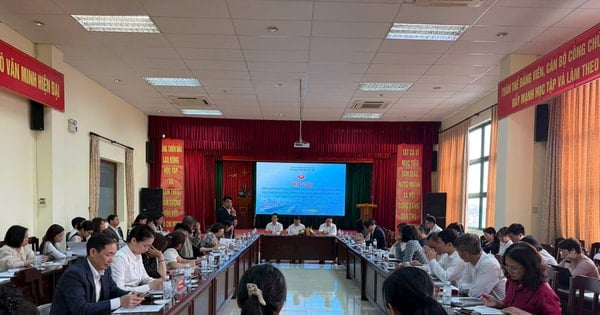











Comment (0)